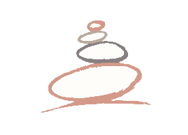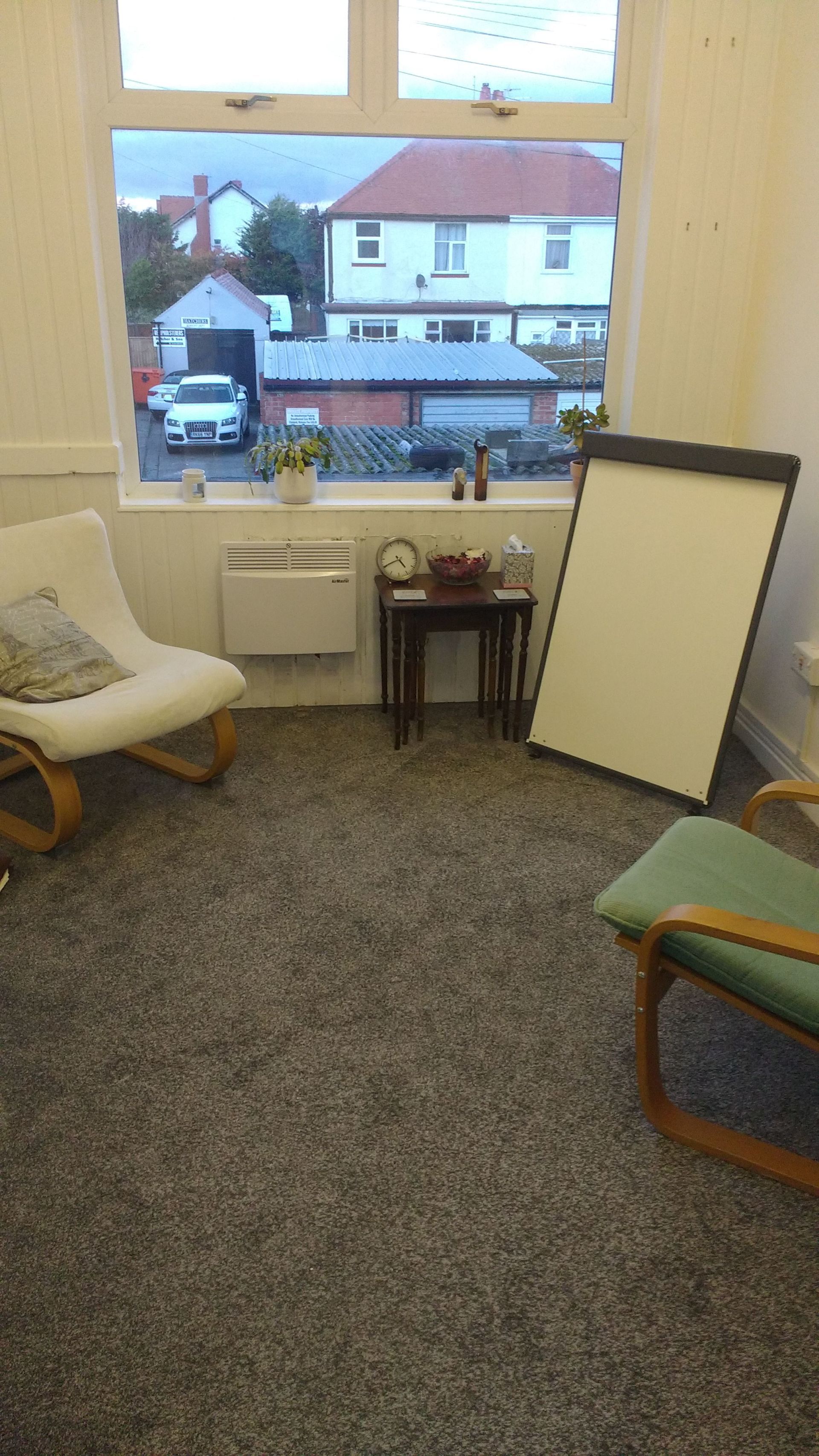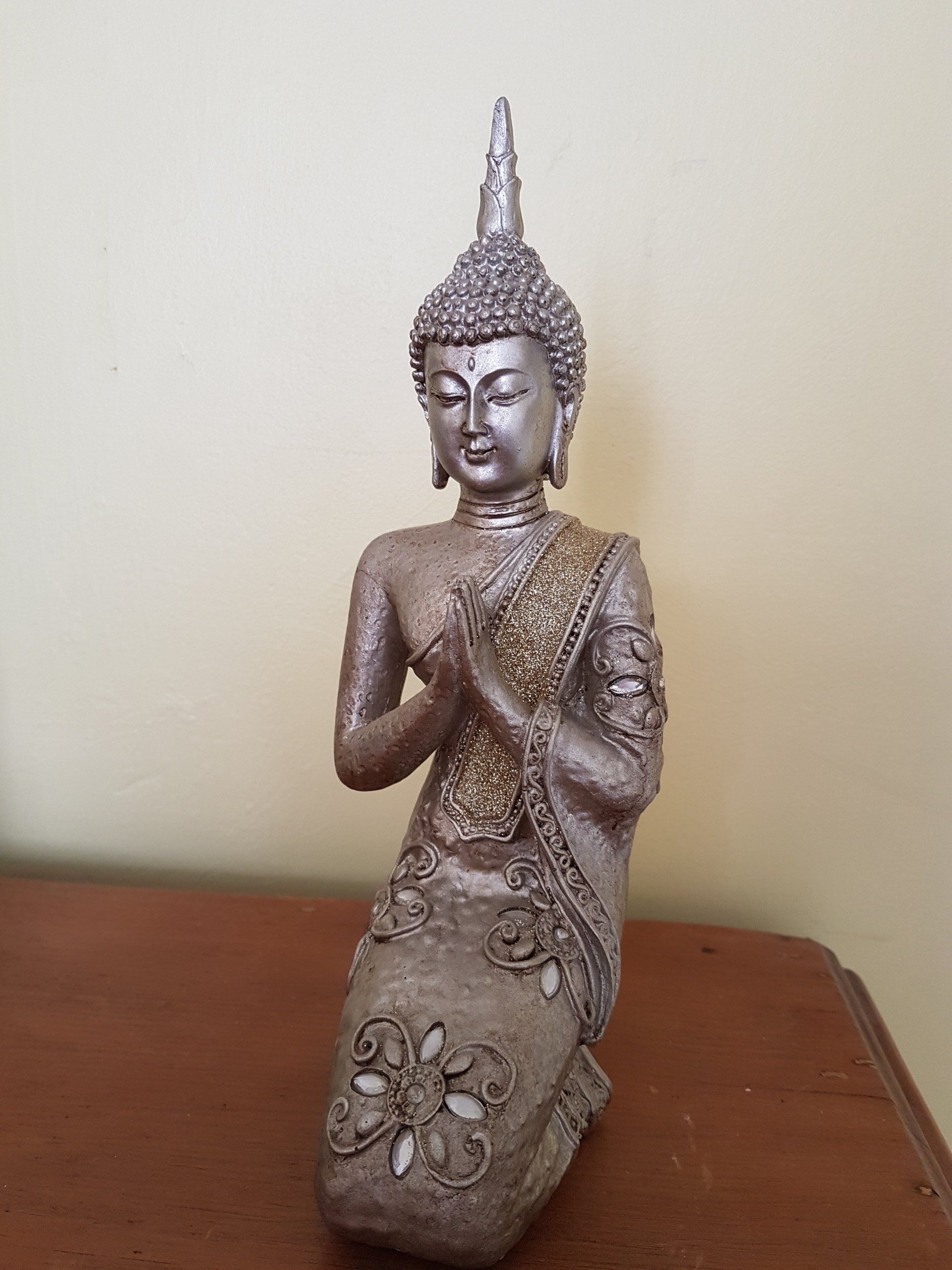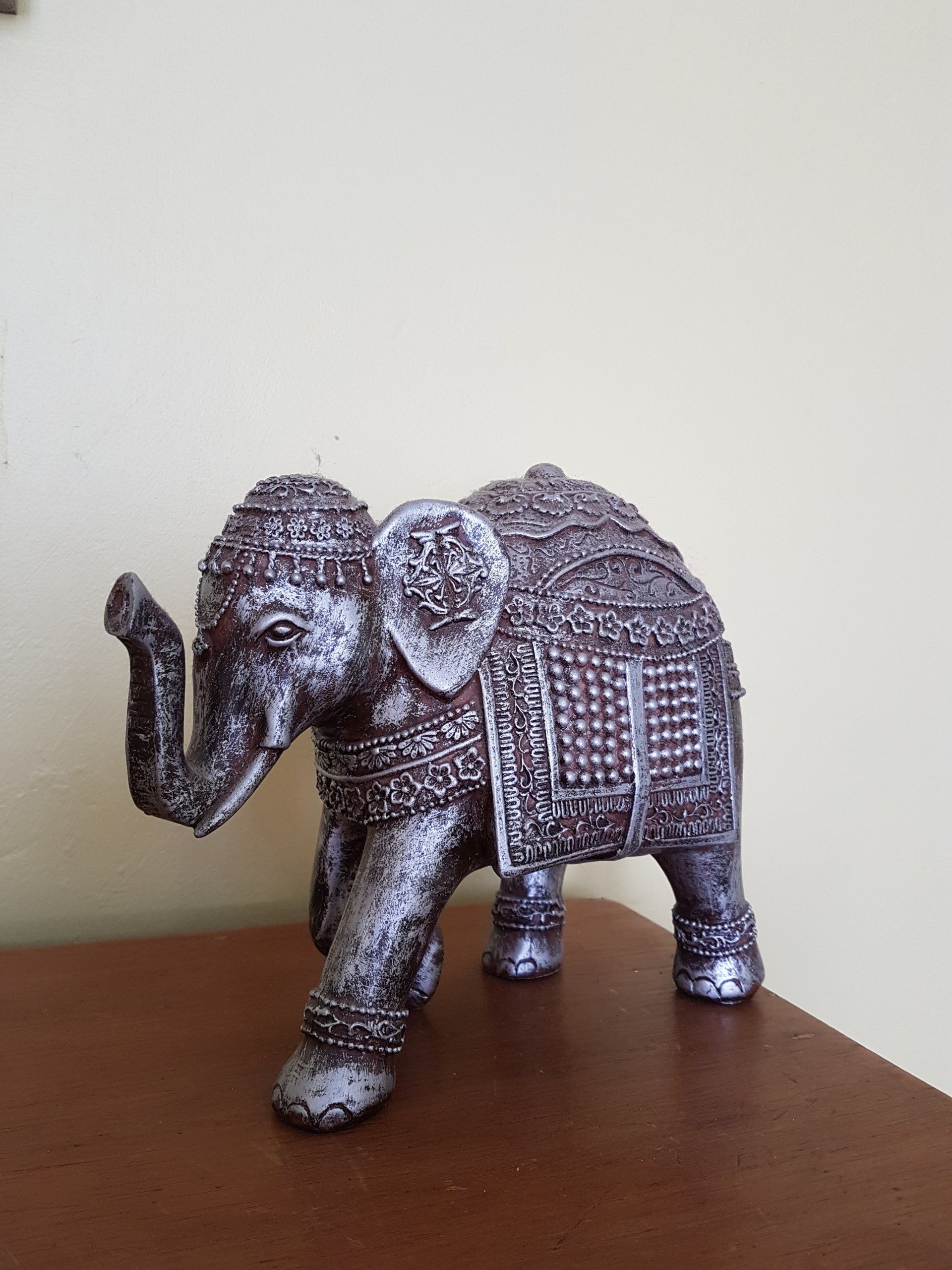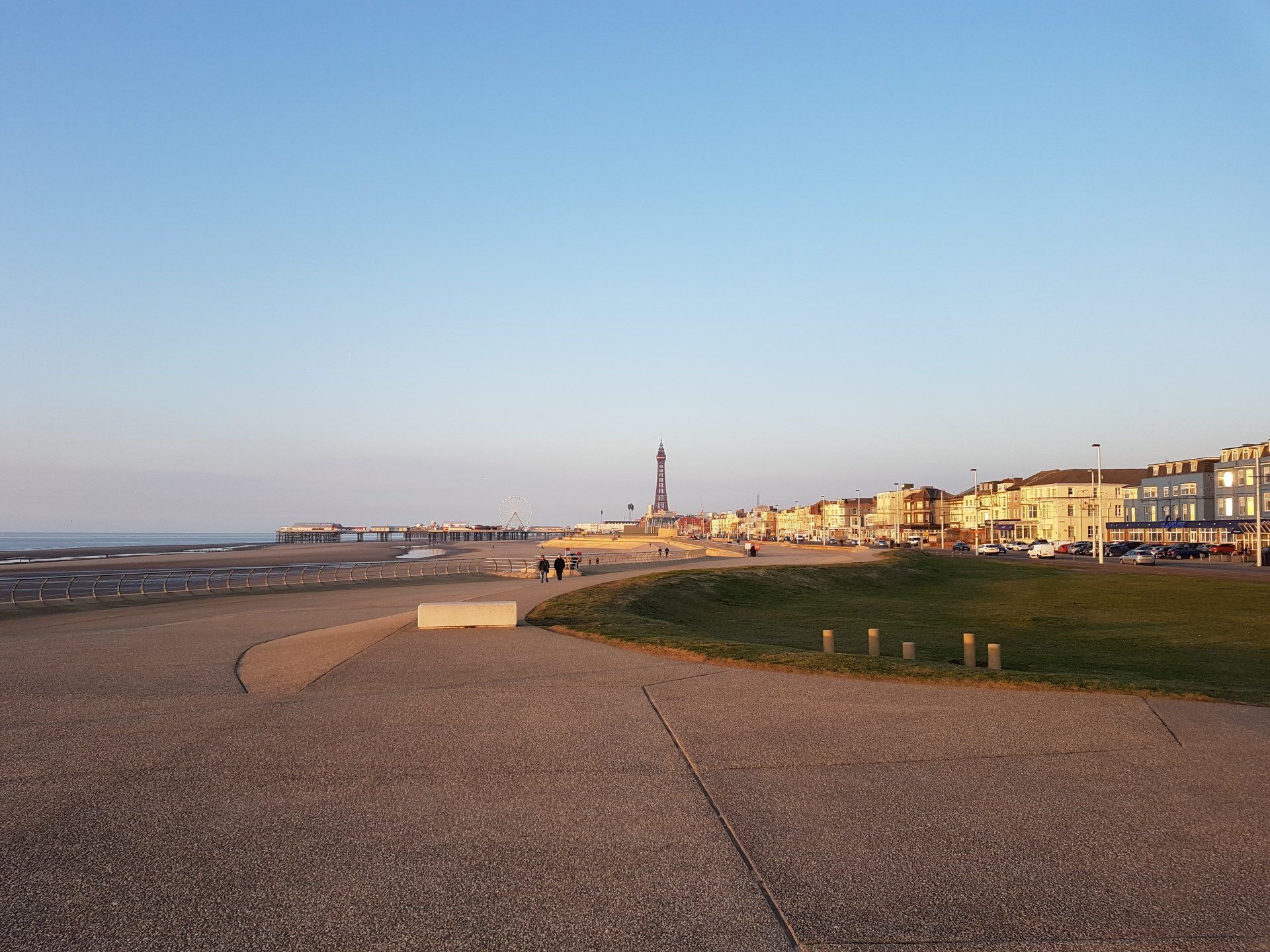Depression
To talk to one of the team telephone 08454670612 or 07593809574 or email
us
Depression is a low mood that lasts for a long time, and it affects your everyday life.In its mildest form, depression can mean just being in low spirits. It doesn’t stop you leading your normal life but makes everything harder to do and seem less worthwhile. At its most severe, depression can be life-threatening because it can make you feel suicidal.
Signs & Symptoms
These are some of the different types of depression
• Seasonal affective disorder (SAD) – depression that occurs at a particular time of year, or during a particular season. See our page on SAD for more information.
• Dysthymia – continuous mild depression that lasts for two years or more. Also called persistent depressive disorder or chronic depression.
• Prenatal depression – depression that occurs during pregnancy. This is sometimes also called antenatal depression.
• Postnatal depression (PND) – depression that occurs in the weeks and months after becoming a parent. Postnatal depression is usually diagnosed in women, but it can also affect men.
Common signs and symptoms of depression
Here are some common signs of depression you may experience.
How you might feel
• down, upset or tearful
• restless, agitated or irritable
• guilty, worthless and down on yourself
• empty and numb
• isolated and unable to relate to other people
• finding no pleasure in life or things you usually enjoy
• a sense of unreality
• no self-confidence or self-esteem
• hopeless and despairing
• suicidal.
How you might behave
• avoiding social events and activities you usually enjoy
• self-harming or suicidal behaviour
• difficulty speaking, thinking clearly or making decisions
• losing interest in sex
• difficulty remembering or concentrating on things
• using more tobacco, alcohol or other drugs than usual
• difficulty sleeping, or sleeping too much
• feeling tired all the time
• no appetite and losing weight, or eating too much and gaining weight
• physical aches and pains with no obvious physical cause
• moving very slowly, or being restless and agitated.
• Seasonal affective disorder (SAD) – depression that occurs at a particular time of year, or during a particular season. See our page on SAD for more information.
• Dysthymia – continuous mild depression that lasts for two years or more. Also called persistent depressive disorder or chronic depression.
• Prenatal depression – depression that occurs during pregnancy. This is sometimes also called antenatal depression.
• Postnatal depression (PND) – depression that occurs in the weeks and months after becoming a parent. Postnatal depression is usually diagnosed in women, but it can also affect men.
Common signs and symptoms of depression
Here are some common signs of depression you may experience.
How you might feel
• down, upset or tearful
• restless, agitated or irritable
• guilty, worthless and down on yourself
• empty and numb
• isolated and unable to relate to other people
• finding no pleasure in life or things you usually enjoy
• a sense of unreality
• no self-confidence or self-esteem
• hopeless and despairing
• suicidal.
How you might behave
• avoiding social events and activities you usually enjoy
• self-harming or suicidal behaviour
• difficulty speaking, thinking clearly or making decisions
• losing interest in sex
• difficulty remembering or concentrating on things
• using more tobacco, alcohol or other drugs than usual
• difficulty sleeping, or sleeping too much
• feeling tired all the time
• no appetite and losing weight, or eating too much and gaining weight
• physical aches and pains with no obvious physical cause
• moving very slowly, or being restless and agitated.
Psychotic symptoms
If someone is experiencing severe depression, they may also experience some psychotic symptoms. These can include:
• delusions, such as paranoia
• hallucinations, such as hearing voices or seeing thing that are not there.
If you experience psychotic symptoms as part of depression, they're likely to be linked to your depressed thoughts and feelings. For example, you might become convinced that you've committed an unspeakable crime.
These kinds of experiences can feel very real to you at the time, which may make it hard to understand that these experiences are also symptoms of your depression. They can also be quite frightening or upsetting, so it's important to seek treatment and support.
You might feel worried that experiencing psychotic symptoms could mean you get a new diagnosis, but psychosis can be a symptom of depression. Discussing your symptoms with your doctor can help you get the right support and treatment.
Self-harm and suicide
If you are feeling low, you might use self-harming behaviours to cope with difficult feelings. Although this might make you feel better in the short term, self-harm can be very dangerous and can make you feel a lot worse in the long term.
• delusions, such as paranoia
• hallucinations, such as hearing voices or seeing thing that are not there.
If you experience psychotic symptoms as part of depression, they're likely to be linked to your depressed thoughts and feelings. For example, you might become convinced that you've committed an unspeakable crime.
These kinds of experiences can feel very real to you at the time, which may make it hard to understand that these experiences are also symptoms of your depression. They can also be quite frightening or upsetting, so it's important to seek treatment and support.
You might feel worried that experiencing psychotic symptoms could mean you get a new diagnosis, but psychosis can be a symptom of depression. Discussing your symptoms with your doctor can help you get the right support and treatment.
Self-harm and suicide
If you are feeling low, you might use self-harming behaviours to cope with difficult feelings. Although this might make you feel better in the short term, self-harm can be very dangerous and can make you feel a lot worse in the long term.




